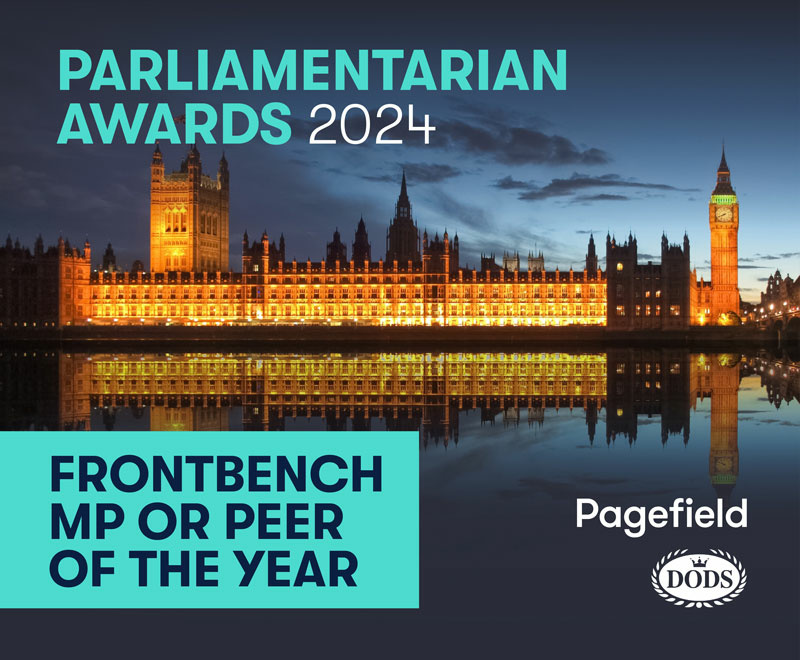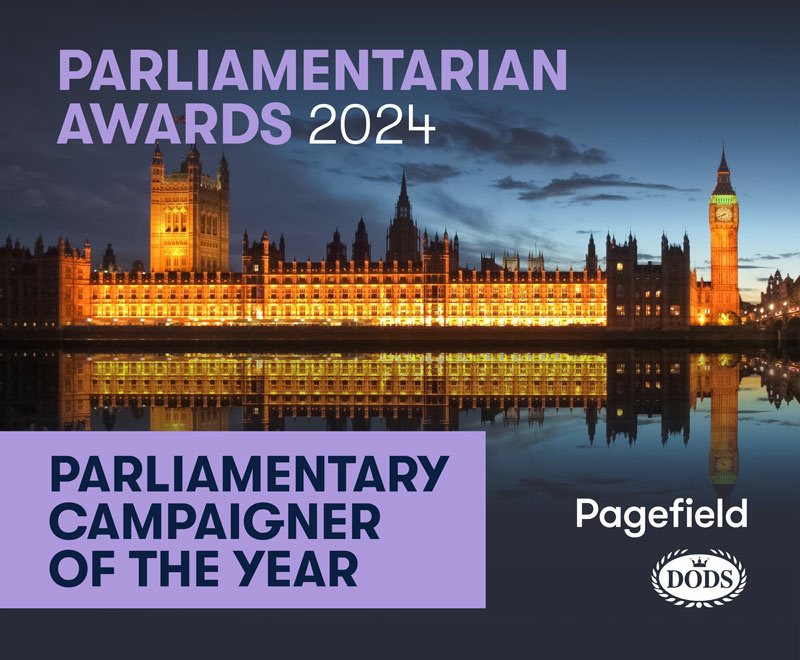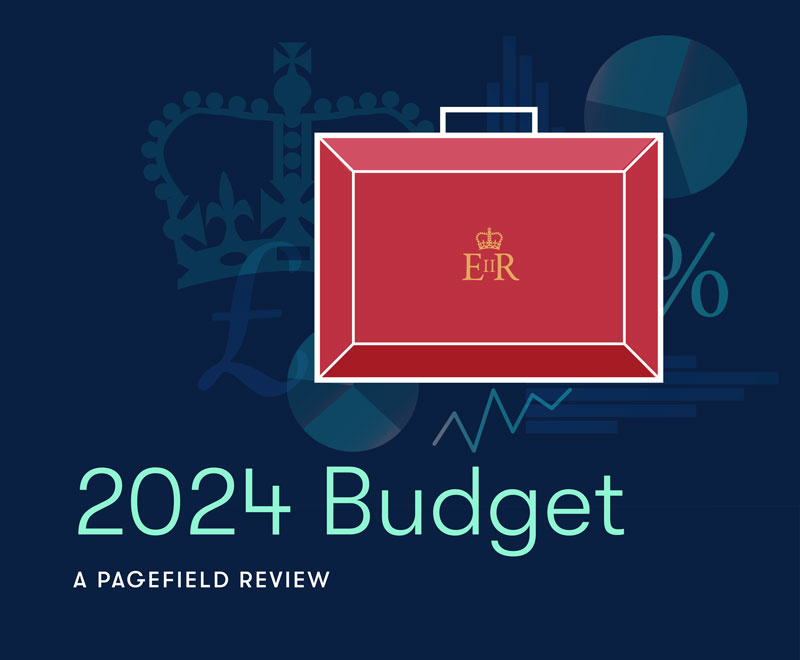Policy Exchange hosted an event last week entitled ‘Where next for the left?’, which focussed principally on Labour’s future role in UK politics, but examining too the outcomes of the 2015 general election for the left more generally.
The panel was made up of Phil Collins, Ruth Davis, Dr Henning Meyer, Graham Stringer, and Polly Toynbee and was chaired by John Rentoul. Marie Lorimer, Pagefield’s newest recruit, attended the event and has written up her five take away points from the discussion.
- Much ado about Europe
Unsurprisingly, the subject of membership of the EU was at the top of the agenda for the evening. There was divided opinion on how the left should approach the debate. The question: a transactional or poetic approach?
Graham Stringer, a prominent Eurosceptic, argued that under Blair the EU was held up as an ideologically progressive body. As a result it became difficult for Labour to have an honest conversation regarding the ramifications of open border policy. He argued this has ultimately been to the detriment of the party, who are now struggling to engage with core voters who have seen their local communities change as a result of immigration.
Ruth Davis contended the UK is not a culturally isolated country, and has a history of trade and cooperation. She argued the UK electorate still has an emotional connection to the EU, and believes in the original premise of international cooperation and peace making. The EU, in this respect, could still be used as an asset to the left.
It was agreed however that the historical and poetic argument for European cooperation, whilst compelling, is ultimately is not convincing enough. A transactional approach to the EU would be better served, communicating the day-to-day benefits of EU membership to the electorate at an individual level.
- Small communities, big ideas
The left needs get back to basics, employing big ideas that can translate to grassroots support. It was agreed that Labour need to better communicate the achievements of Labour councils, such as the modernisation of local services for communities in areas such as Newcastle, Bolton and Manchester. These achievements can be leveraged, and used to prove Labour’s competency and understanding of the needs of local communities.
Polly Toynbee argued Labour has convincing rhetoric on rejuvenation and repair. In the age of austerity, when employment, housing and immigration are at the top of the political agenda, Labour should not allow itself to forget its successes in community regeneration.
Ruth Davis claimed it is a common misconception that Labour lost the election because the English electorate is conservative. She argued that the left (especially Labour) failed to address the electorate’s concerns on traditionally conservative issues such as jobs, housing, family, nationality and culture. However, she added that the public do not necessarily believe that these concerns will be addressed by neoliberal conservatism either. By reclaiming and owning these issues, as well as highlighting their local successes, Labour can once again engage with their key electorate on a grassroots level.
- “If thought corrupts language, language can also corrupt thought”
Communicating an emotional message to voters is an essential component to any campaign. Panel members indicated that, when examining language used between manifestos of Labour and Conservatives respectively, there is an evident juxtaposition in how party policy is communicated: abstract vs. concrete.
The Conservatives ‘blue collar conservatism’ utilised direct phrases such as ‘you’, ‘your family’ and ‘your job’, delivering information inclusively and encouraging participation. Conversely, the political rhetoric used by Labour largely consisted of abstract ideas like ‘equality’ and ‘social justice’; this will ultimately had a limited effect.
This approach of using concrete direct language isn’t new to Labour however. In the successful swing elections for Labour: ‘67, ‘74 and ‘97 there was a prominent use of tangible language. It was agreed that any party of the left needs to speak with words that the electorate can relate to.
- Stop soul searching
As apparent from the panel (which spanned the left-wing spectrum) the left is clearly not a universal ideology in post-modern identity politics. Left-wing fragmentation, dissolution and ideological in-fighting are at the core of the problem.
The panel ultimately concluded the left must desist in performing a microcosmic analysis of itself. Phil Collins argued that the solution is simple for the Labour party: find a credible leader who carries little risk. Only then would history be prevented from repeating itself. Despite being quite vague and arguably rather uninspiring, this statement generated the only applause heard all evening – clearly a popular point of view in the audience.
- It’s the leadership, stupid
Dr Henning Meyer insisted that an essential component of communicating policy to the electorate is choosing a trustworthy and credible vessel. All panel members were in agreement that leadership was top of the agenda for the future of Labour and, more generally, the left. And so, the debate surrounding new Labour (pardon the pun) leadership was called.
The name on Blairites’ lips: Liz Kendall. Although Collins and Rentoul agreed she is the apple of New Labour’s eye, they also concluded Ms Kendall is nowhere near the same calibre as Blair. There was cross-panel consensus against the appointment of Andy Burnham, with all agreeing that he is not right for the role. There was however an undercurrent of support for Yvette Cooper. Instead of adding diversity to the argument, Jeremy Corbyn’s bid was largely ignored, with the panel dismissing his chances of leadership outright.
Overall it was agreed that Labour had been unwise in recent history, imposing upon the electorate, in Brown and Miliband, two leaders that were widely unpopular with both the media and the public. However, with the panel divided on who should lead Labour into the next general election, finding a face to fit the formula may prove a tricky task.




